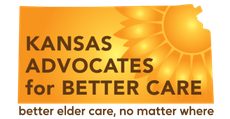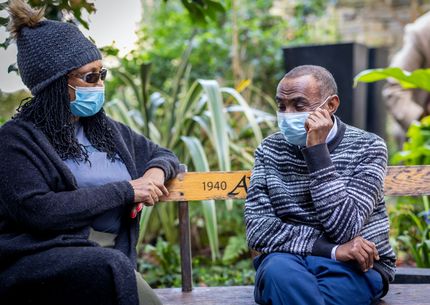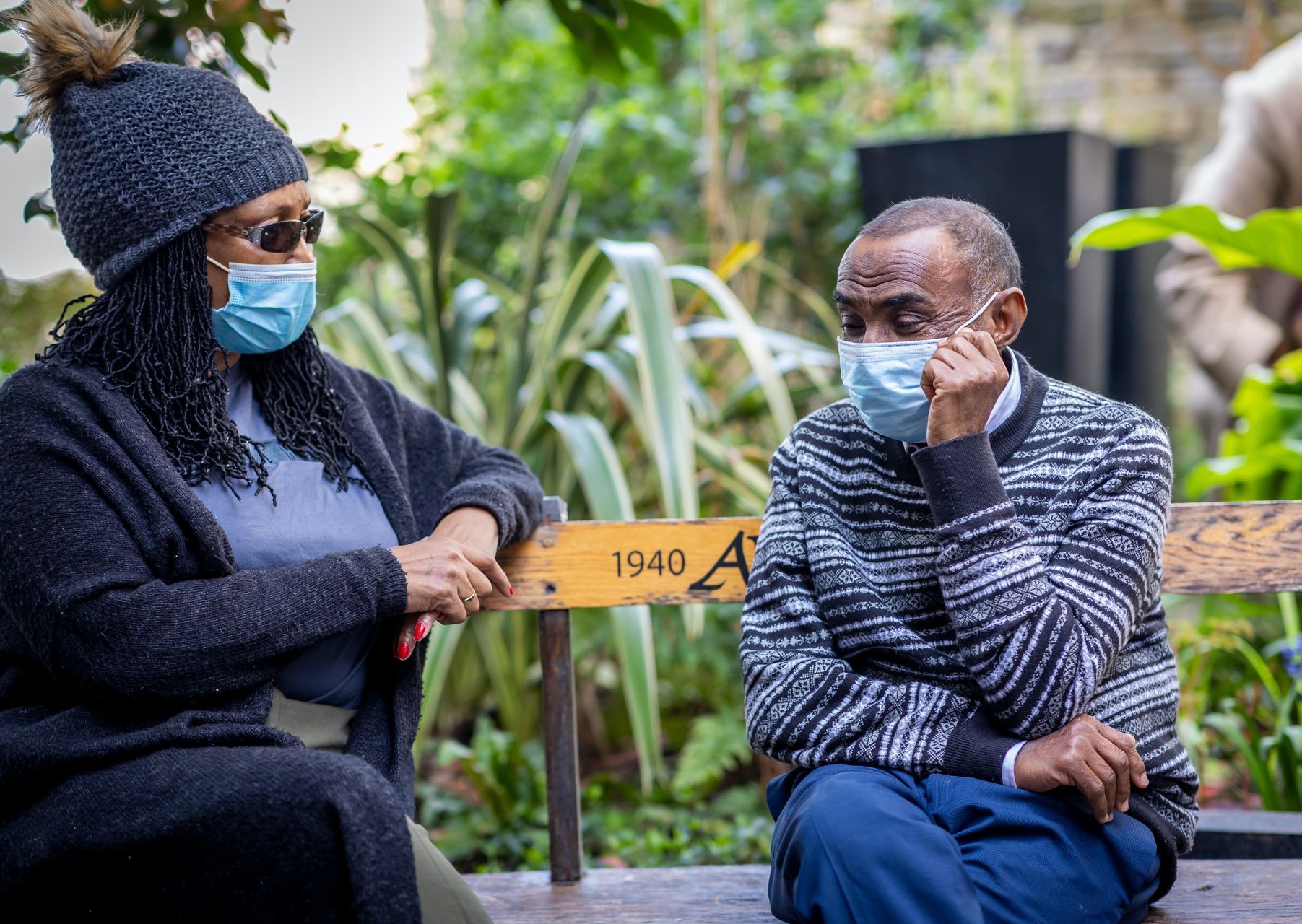May 29, 2025
In a recent article published by The Beacon, reporter Blaise Mesa spotlights a heartbreaking case that exemplifies both the critical importance and serious strain facing Kansas Adult Protective Services (APS). The article, “One elder abuse investigator has 70 cases. Kansas doesn’t say how swamped other caseworkers are,” tells the story of Shirley Crow, an 85-year-old woman with Alzheimer’s whose family trusted a caretaker to manage her daily medications and appointments. That trust was broken. Despite filing a report with APS, Shirley’s family received few updates. Weeks after their report, Shirley passed away. Her case remains open—one of 10,000 APS investigations initiated in Kansas each year. The assigned APS caseworker? She has 70 other cases. This is not a story about blame. As Shirley’s daughter-in-law, Stacy Crow, told The Beacon , “We got an investigator that I truly believe has a heart… I understand they have an overwhelming demand… I don’t fault them. I just want things to change.” And so do we. Systemic Overload and the Urgent Need for Reform The Kansas Department for Children and Families (DCF), which oversees APS, has not publicly disclosed average caseloads. While DCF clarified post-publication that they do track this information, they choose not to release it, citing confidentiality. The lack of transparency and standardization prevents meaningful accountability and reform. National standards suggest 20–25 cases per worker is a manageable caseload. Kansas APS staff, in some cases, are handling double or triple that amount. With cases increasing year over year— 18,056 in fiscal year 2025 alone—the risk of delayed intervention or missed warning signs only grows. This Is a Wake-Up Call. At KABC, we continue to push for better protections for older adults, more robust support for APS investigators, and greater transparency and accountability from state agencies. In our recent blog post, “ What Happens When You Report to Adult Protective Services? ” we outline the crucial role APS plays in protecting vulnerable adults and how reporting suspected abuse can quite literally save lives. To report suspected abuse, neglect, or exploitation of a vulnerable adult in Kansas: For older adults living at home in the community or in facilities licensed by the Kansas Department of Aging and Disability Services when the perpetrator is not a resident of or staff of the facility, report to the following: Adult Protective Services (APS): 1-800-922-5330 If an emergency, call your local law enforcement agency or 911 Reporting initiates a multi-step process involving a prompt in-person visit, interviews, and, when needed, development of a service or prevention plan. The goal of APS is to protect, not to punish- to connect individuals to medical care, housing, legal services, or safety planning. But APS cannot fulfill that mission if it's underfunded, overwhelmed, and operating in the dark. What Needs to Change: Transparency: Kansas must publicly release average caseload data and investigation timelines. Support for APS Workers: State leaders must prioritize hiring and retaining qualified APS staff and ensure manageable caseloads. Federal Investment: Continued and expanded federal funding for APS is essential—not optional. Public Awareness: Communities need to understand when and how to report suspected abuse, and how they can be part of the safety net. The APS system should be a lifeline, not a last resort.




















